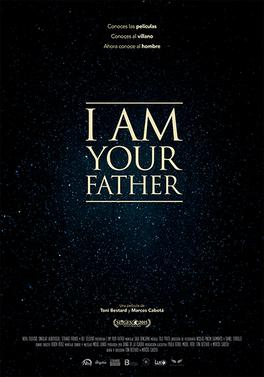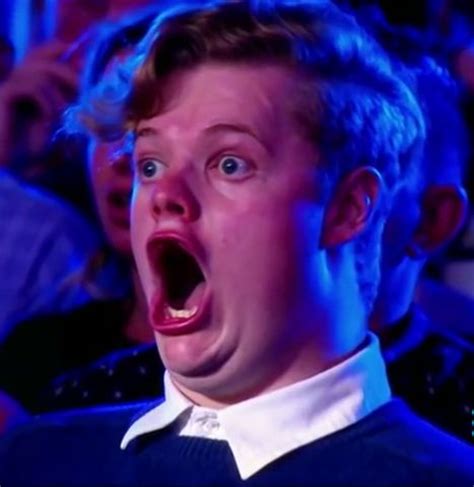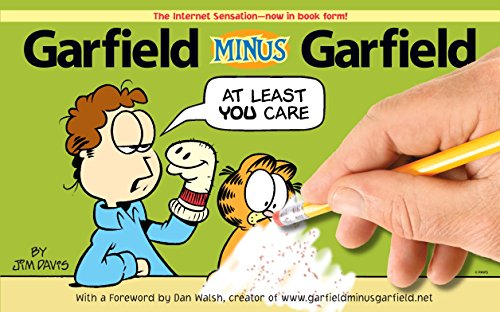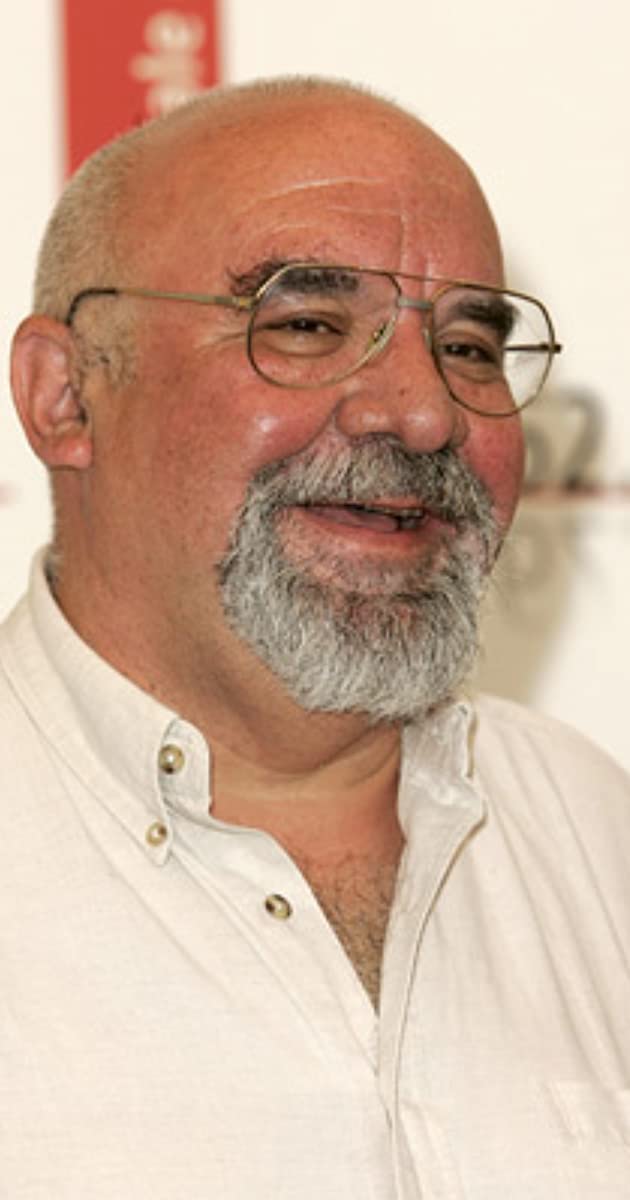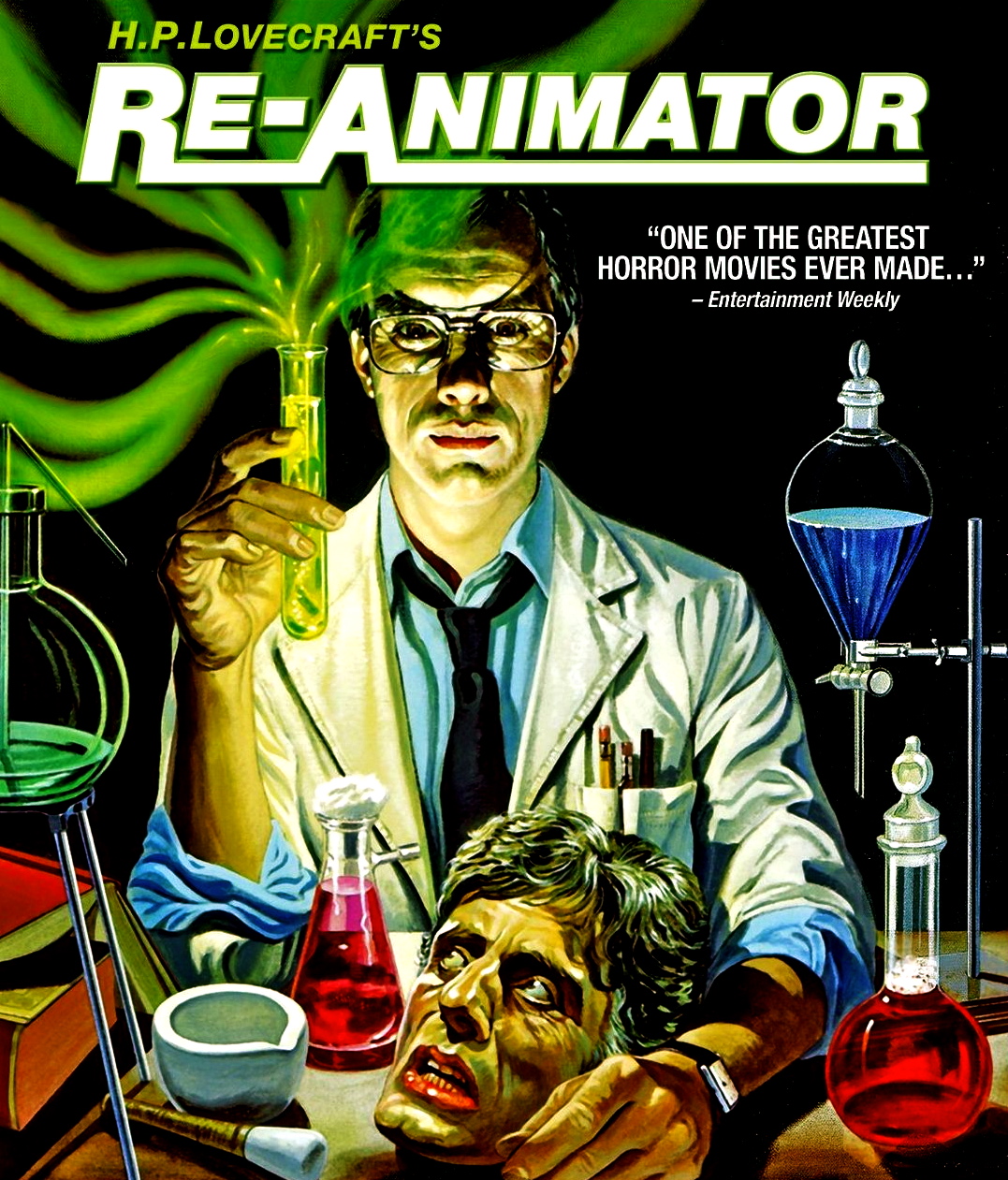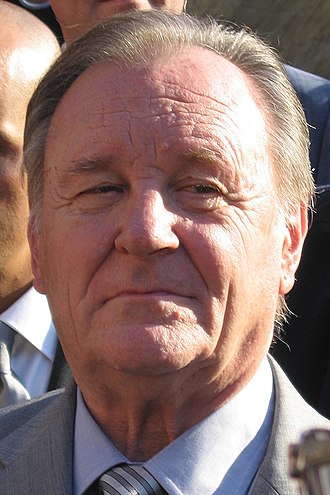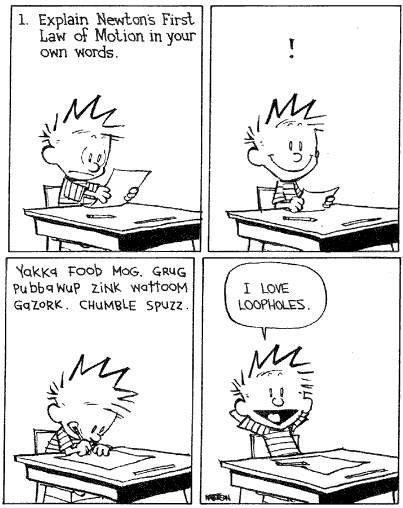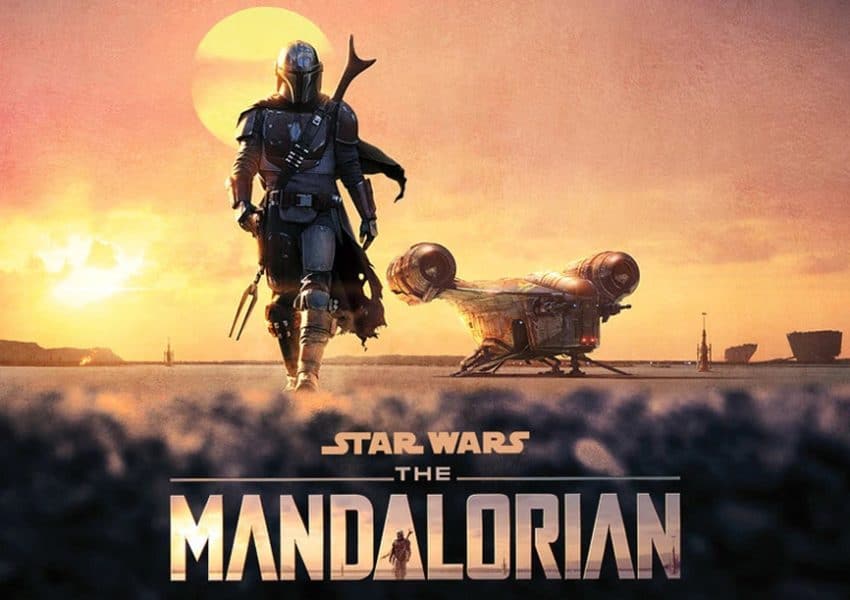
…Grogu?
Huh.
Ok then.
Oh…’spoilers’, I guess.
So we’re well into the second season of “The revitalisation of the Star Wars franchise”, and while there’s much about this episode that I can be invested in, I have to admit to a slight sense of anxiety that The Mandalorian is starting to tread into the dreaded territory of “continuity”. Of course I get that Star Wars is a grand and sweeping mythos, and that much of the love of fans for the franchise is tied up in how connected the ongoing saga has become over the course of film, television, books and comics. The idea that something I watched or read twenty years ago might pay off in the story as I engage with it now is a wondrous, almost magical tie to the earliest experience of the franchise. But, as I said before, I’m tired of Star Wars being bound – shackled – by the obsessive need to tie everything together. It means, in an entire universe full of worlds and characters, we end telling the story of like, three people. It takes the magic out of it all.
To whit: in this episode, Mando seeks out and meets a character that featured significantly in The Clone Wars, and has strong ties to the central figures of the series. Asokha Tano (wonderfully played by Rosario Dawson) has set herself against a despotic military governor. When Mando comes to the compound looking for the Jedi, he first meets Morgan Elsbeth, who attempts to hire him to take out Tano. Like many of these set-ups in the series, this is little more than the means to connect the characters, to once again give an opportunity for Mando to ply his skills and code in the service of those who can’t defend themselves.
By this point, if you’re sticking with the series, it’s because you appreciate the things it does well. Mercenary escapades that are tense, thrilling and still have a slight edge – because the only fixtures of the series are the titular Mandalorian and The Child, there is a genuine question as to whether guest characters will make it through the conflict.
Where this episode walks the line between the show being it’s own thing and being interwoven with Star Wars mythology is in the interactions between The Child and Asokha Tano. A well-established Jedi refers to Yoda by name, and is able to communicate with The Child finally unveiling some of the cute little tykes shrouded past.
Also, he has a name. Doubt anyone’s going to use it, but anyway.
Why this works well is that it serves to strengthen the connection between Mando and The Child. It results in ultimately another quest that will force Mando to continue his journey, but that is the whole point of the series. If anyone wants to complain that the show repeats itself, they need to take aim at most television in existence.
A shout out goes to the fabulous Michael Bien guesting as a hired gun to the crooked governor. It’s a thankless role, but he gets one moment in which he brings the world-weary charm that he does so well.
As it stands, The Mandalorian is still the best thing connected to Star Wars in decades, and I’m not going anywhere as long as Jon Favreau is in the saddle.

